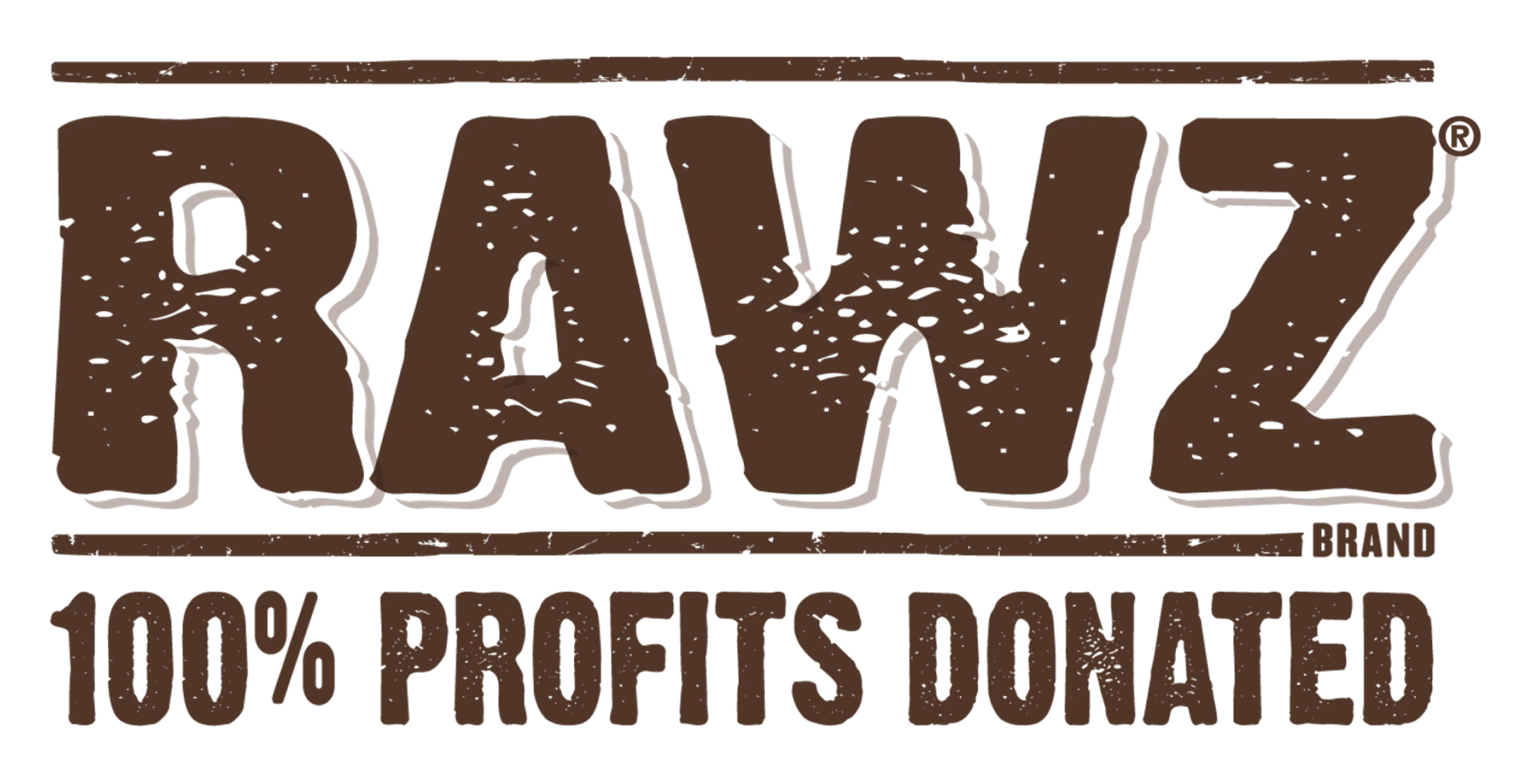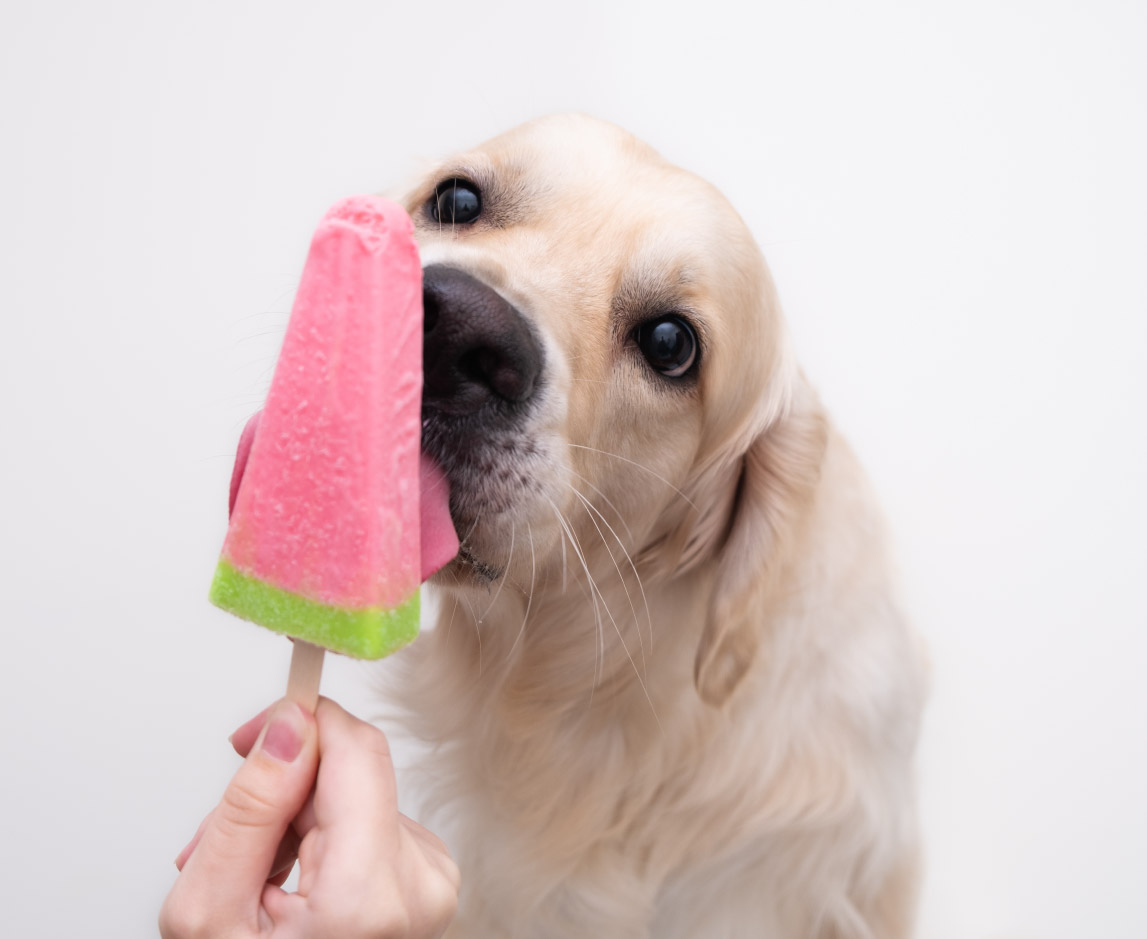It’s often obvious when something is amiss with your dog’s digestive system. It can happen quickly and take you and your pet by surprise. Be prepared to address those concerning symptoms and get your dog back to feeling healthy as quickly as possible by reviewing this guide.
How Do Dogs Digest Food?
A dog’s digestive system is broken down into these four processes:
Consumption
It all begins when your dog leans into their bowl — picking up food with their mouth and chewing. Enzymes in saliva begin a chemical process of breaking down whatever was consumed.
Absorption
The process continues when a dog swallows and food makes its way to the stomach. Nutrients are absorbed in the intestines, and those essential vitamins, minerals, fluids and electrolytes are transported throughout the body via the bloodstream to serve as sources of energy and hydration.
Mobility
Muscles contract to continue to move food through the digestive tract, breaking it down before indigestible portions are excreted.
Elimination
This final phase of the digestive system involves the excretion of feces, and is typically when a pet owner will notice that their pet might be sick. This phase also provides insight for a veterinarian when they’re evaluating possible problem points.
How Long Does It Take A Dog to Digest Food?
It typically takes our canine companions up to 12 hours to complete the digestive process, but that timeline will vary depending on a dog’s age, size, diet and health conditions. How long does it take a puppy to digest food? That’s an entirely different question. Puppies have sensitive digestive systems that will trigger defecation much more often than in adult dogs.
Key Factors Impacting Digestion Time
There are several key factors — both hereditary and environmental — that will impact a dog’s digestion.
Size, Age & Breed
Smaller dogs, by nature, have shorter digestive tracts compared to larger dogs, meaning digestion takes less time from start to finish. The same is true for puppies, who also have sensitive systems that complete digestion quickly compared to adult dogs.
Breed also comes into play. For example, Irish setters are often sensitive to wheat protein/gluten, while German shepherds and rough collies are known to struggle with producing and secreting digestive enzymes from the pancreas.
Health Conditions
There are a wide range of health concerns that are likely to either speed up, slow down, or completely stop your dog’s digestion. Obstructions, hormonal imbalances and pancreatic issues are some of the most common causes. Medications, such as antibiotics, can have the same effects.
Activity
As with humans, exercise stimulates the digestive process and aids in the movement of food through intestines. That also means a sedentary dog will digest food at a much slower rate.
Hydration
Water helps facilitate nutrient absorption and keeps bowel movements regular. While a general rule is that an ounce of fluid intake per pound of body weight is ideal, climate, lifestyle and the type of diet eaten will impact hydration needs.
Eating Habits
How much and how often dogs need to eat will vary by breed and life stage. However, if a dog is overfed, they are more likely to become overweight and experience health concerns that can directly or indirectly impact digestion.
Stress
Stress is as harmful to dogs as it is to humans and takes a toll on the entire body, including the digestive system. Possible signs of stress in pets include gastrointestinal issues such as diarrhea or constipation.
10 Signs of Digestive Problems in Dogs
As we mentioned earlier, signs of digestive problems can vary by dog and often seem to come unexpectedly. As always, if you are concerned about any symptoms, it’s best to consult a veterinarian. In fact, sharing information about signs you’ve noticed can help a professional determine the location and nature of potential disease.
- Abdominal pain and bloating can be signs that food, gas or some other ingested object is impeding your dog’s digestive tract.
- Bleeding discovered in a dog’s feces is most commonly caused by viral or bacterial infections.
- Constipation often results from irritation somewhere along the digestive tract or ingestion of something that should not have been eaten.
- Dehydration can be an indicator of several issues, such as infection, heatstroke, diabetes or a symptom of certain medications.
- Diarrhea is one of the most common signs of possible food allergies or sensitivities, infection, stress or anxiety, pancreatitis or tumors. The causes are extremely wide ranging with this symptom. Mild cases often resolve on their own, but a dog with persistent diarrhea should be seen by a veterinarian.
- Excessive drooling occurs often when a dog has ingested something they were not meant to, are extremely overheated or are fearful of something around them.
- Loss of appetite can happen when a dog has a blockage that has slowed or stopped digestion, or if something they consumed causes irritation.
- Shock needs to be addressed immediately by a professional. It normally occurs when a severe infection has not been properly treated and remains in the body. It has the potential to cause organs to shut down.
- Straining to defecate often happens when a dog is constipated, as discussed earlier, or when there is some sort of gastrointestinal obstruction.
- Vomiting is another common symptom that can stem from various issues, from upset stomach to organ failure. Vomiting that becomes frequent should be quickly addressed by a professional.
Tips for Promoting Healthy Canine Digestion
The following are our top three tips to ensure healthy digestion — and overall optimal well-being — for your dog.
- Hydration, Hydration, Hydration! We can’t say it enough. The importance of hydration to human wellbeing is obviously understood. Just like us, hydration is paramount to canine health, especially digestion.
- Exercise your dog regularly to ensure nutrient absorption and a smooth digestion process, while eliminating problems like constipation. It’s as simple as taking a daily walk (or two) and planning playtime with a pal.
- Prevent parasites such as hookworms or tapeworms by keeping up with preventative treatments prescribed by a veterinarian. These problematic worms find their way into a dog’s digestive system and can cause malnutrition over time.
FAQs
Should I worry about my dog’s fiber intake?
Most high-fiber foods are usually plant-based and not fully broken down during the digestion process. There are two types of fiber — soluble and insoluble. The insoluble type aids in cleaning out the GI tract, adds bulk to feces to promote defecation and allows for natural expression of the anal glands. Soluble fiber is a food source for healthy gut flora and becomes short-chain fatty acids, an energy source for gut cells. A veterinarian might recommend a high-fiber diet if your dog experiences issues with constipation, but it is generally not a requirement in dogs’ diets.
Does my dog need to take probiotics?
Probiotics are the good or healthy bacteria that contribute to a dog’s digestion. Some pet owners opt to supplement their dog’s food with a probiotic to ensure a regulated gut, but it is not always necessary. A veterinarian will know best whether your pet is in need of any type of supplement or dietary change.
How long does it take for dogs to digest food?
This will vary depending on breed, size, age, activity level and more. But the standard answer is that it takes between eight and 12 hours for a dog to digest its food.
Support Optimal Health With RAWZ
Diet plays an enormous role in determining a dog’s quality of life. If you’re looking to provide your canine with minimally processed food that’s highly digestible, take a look at our latest offerings — including a digestive support line featuring flavors like pork and turkey, beef and pumpkin. Find your nearest authorized RAWZ retail partner to get started.






